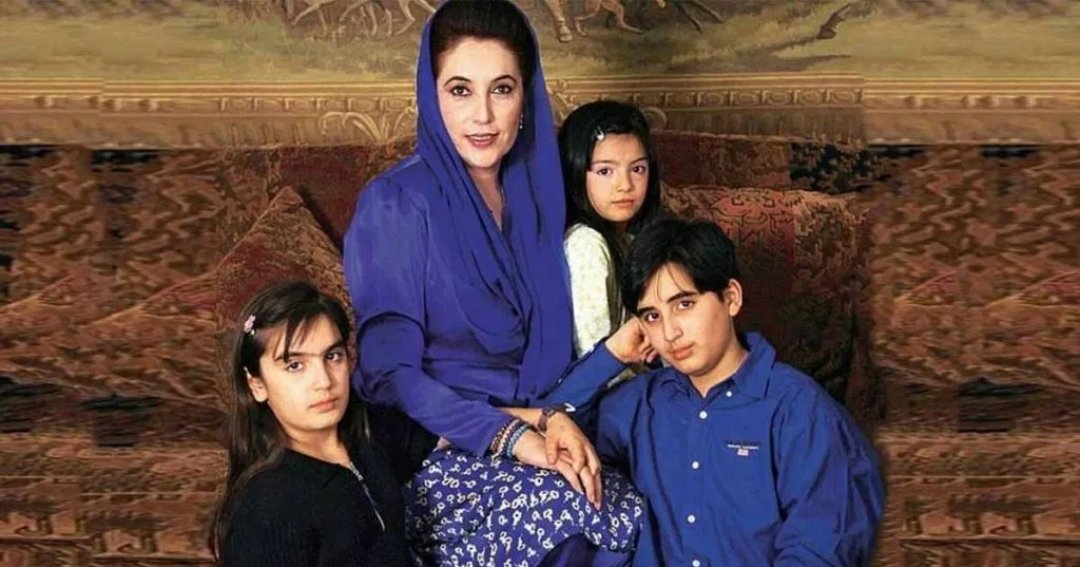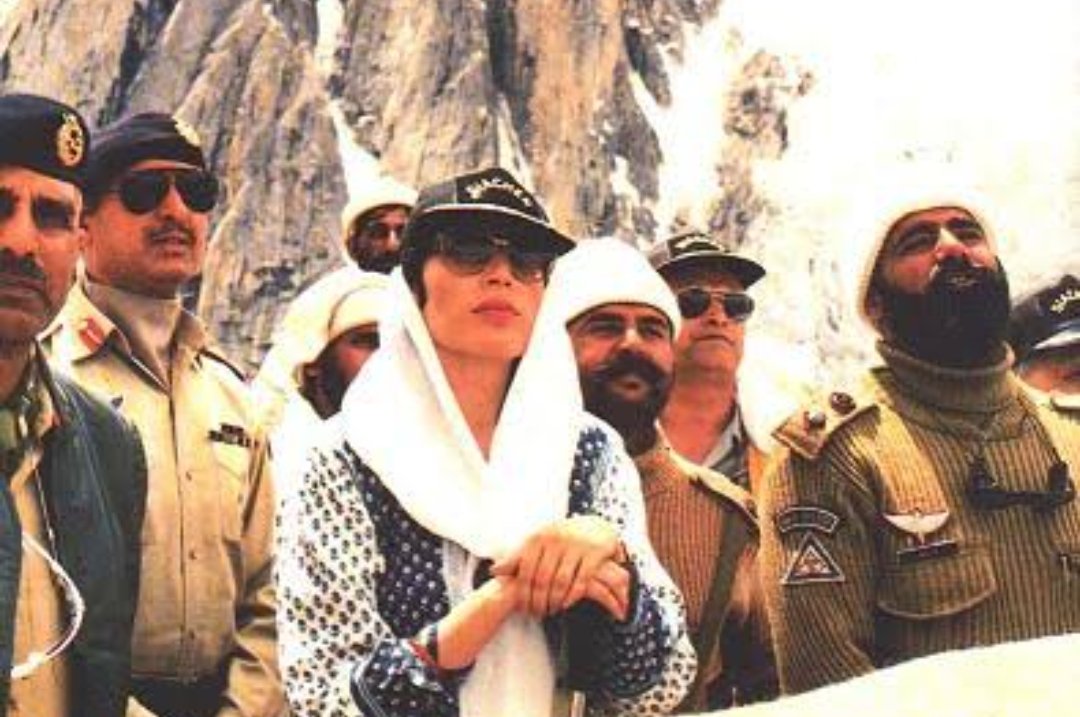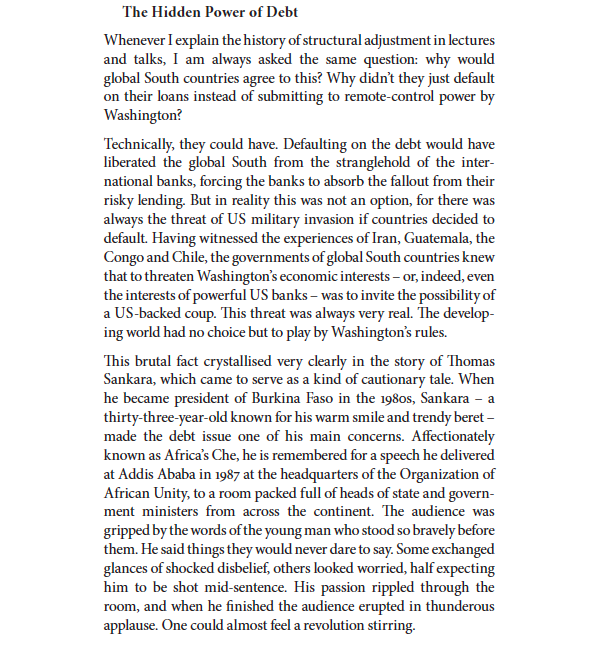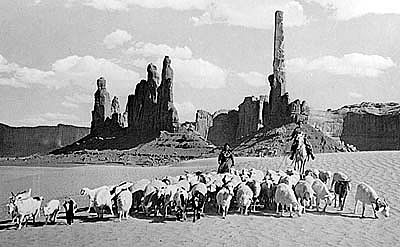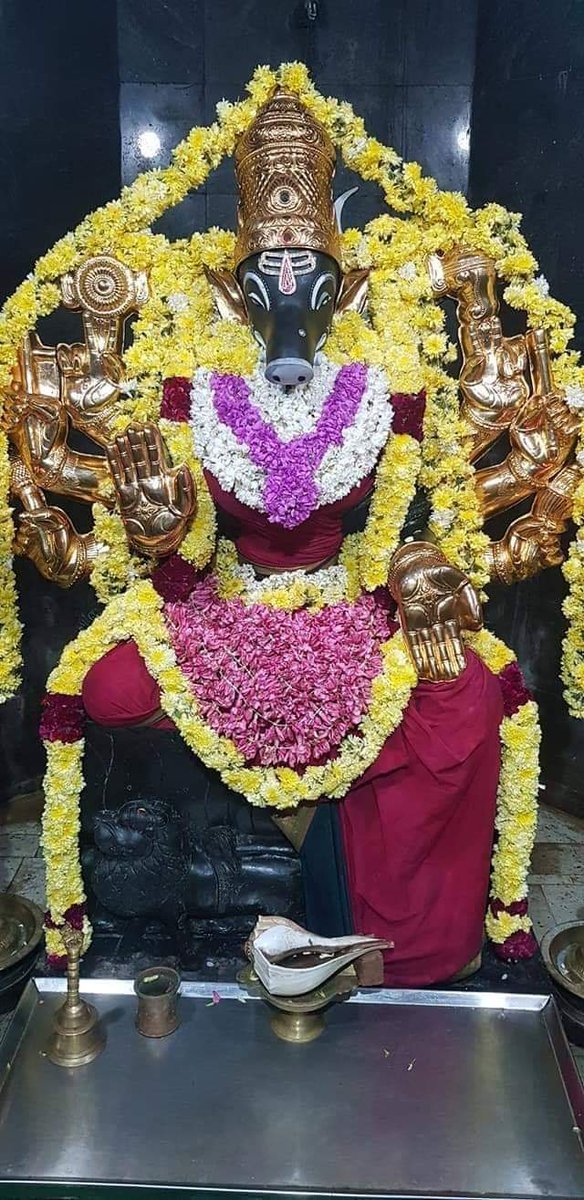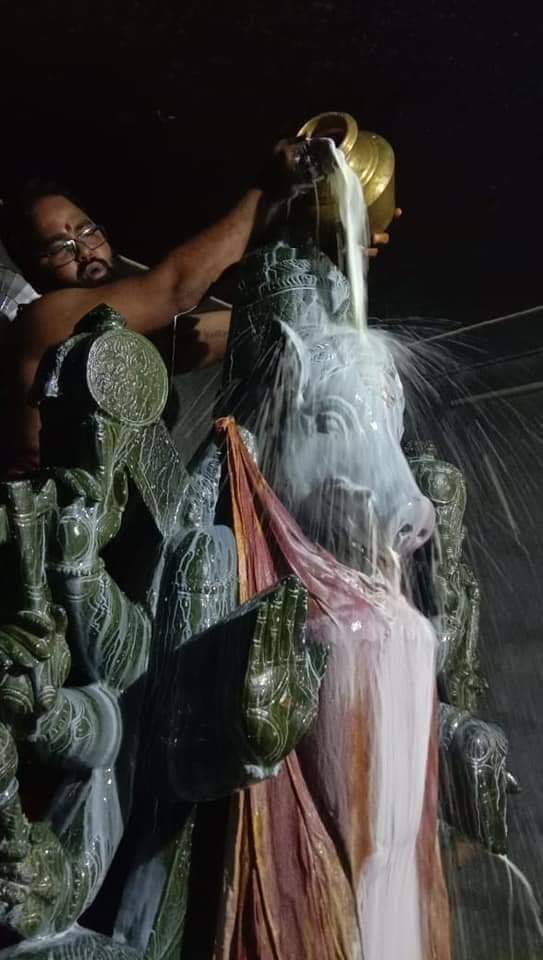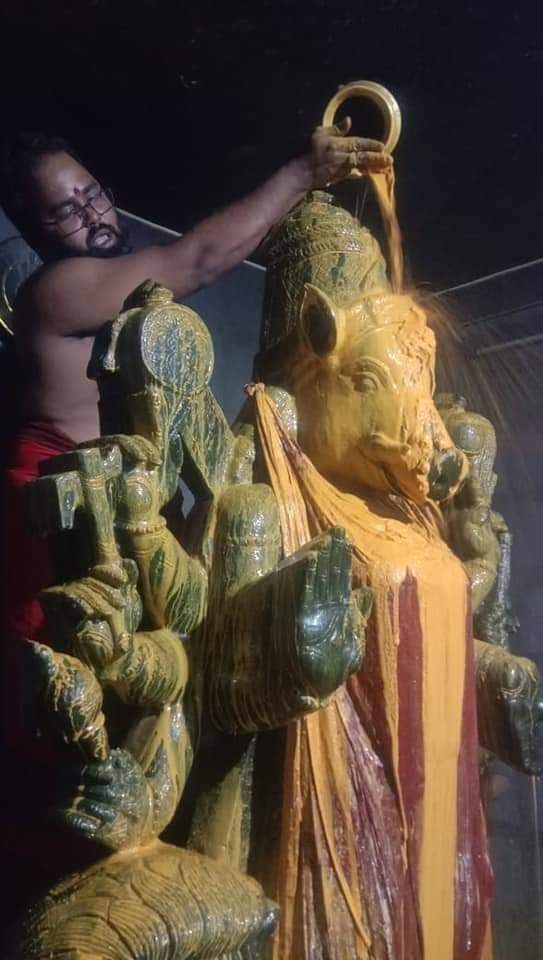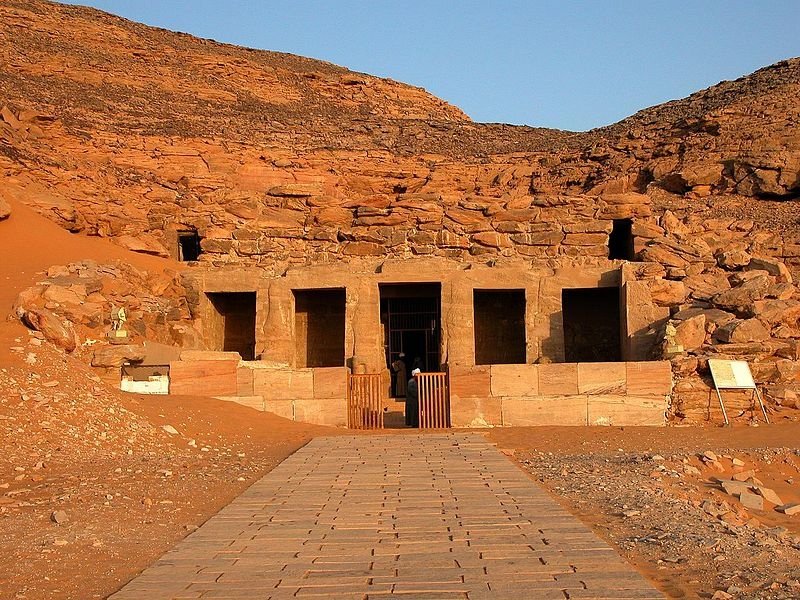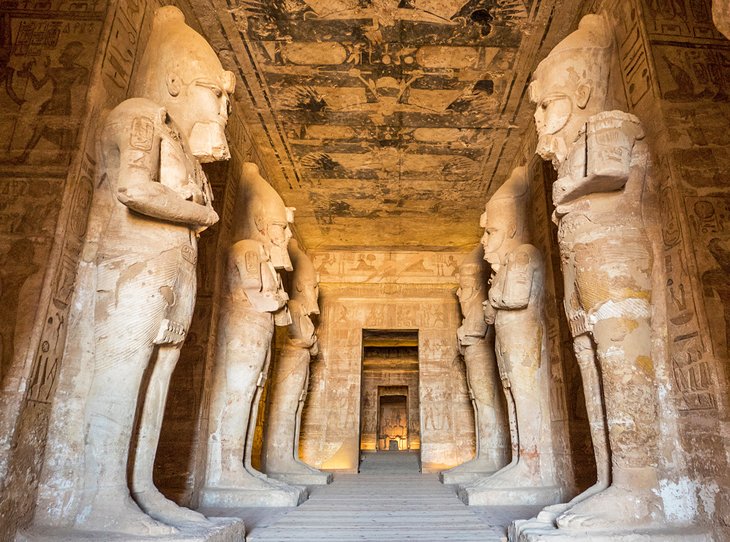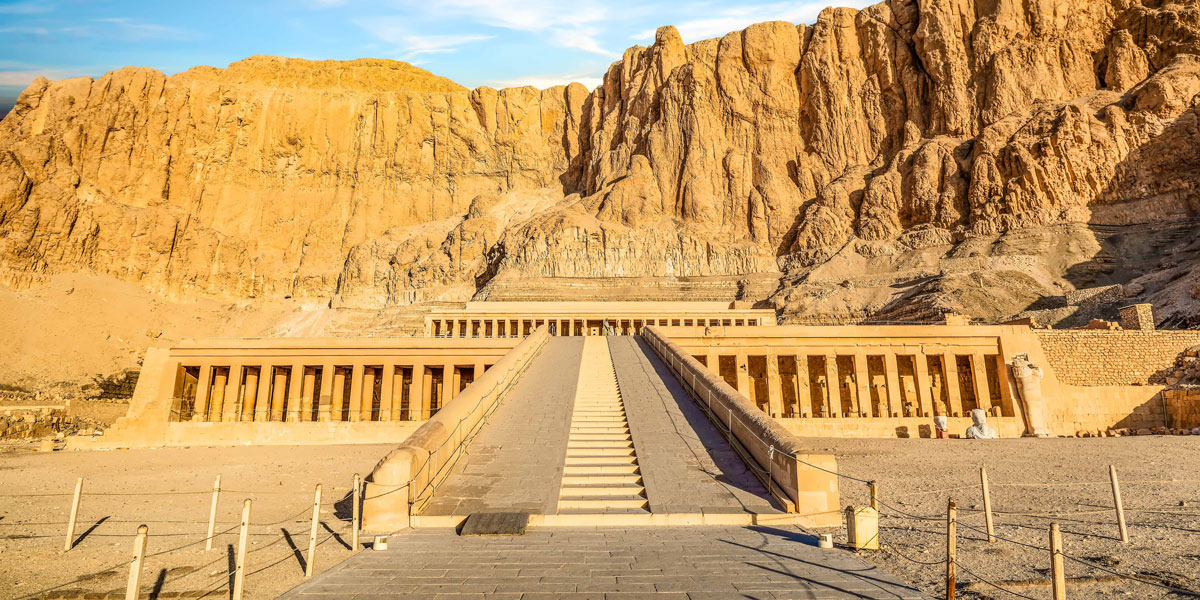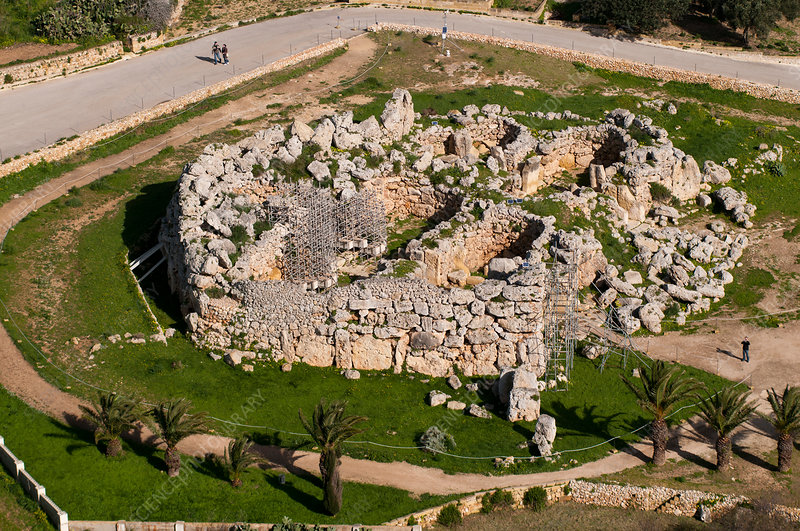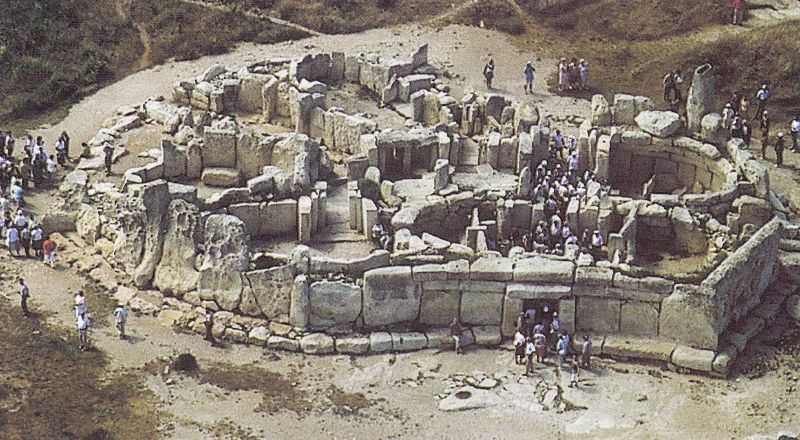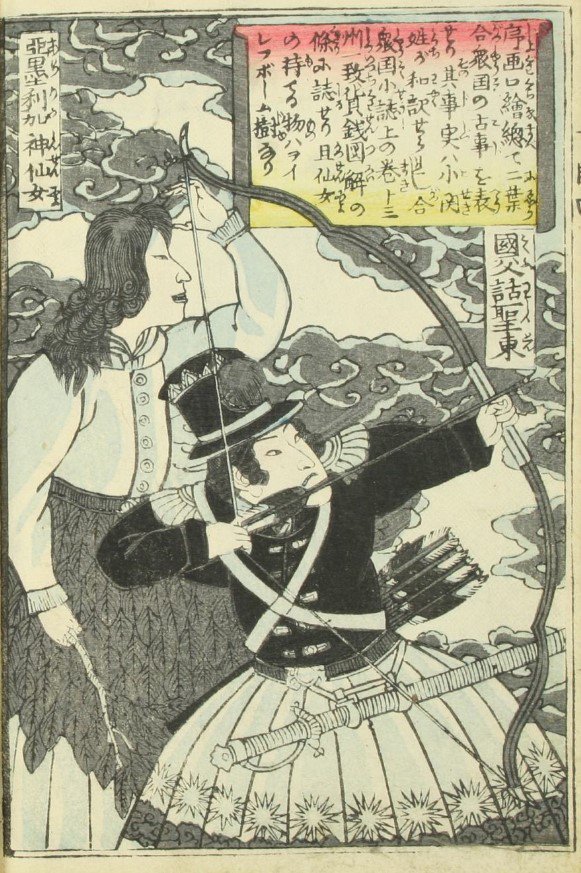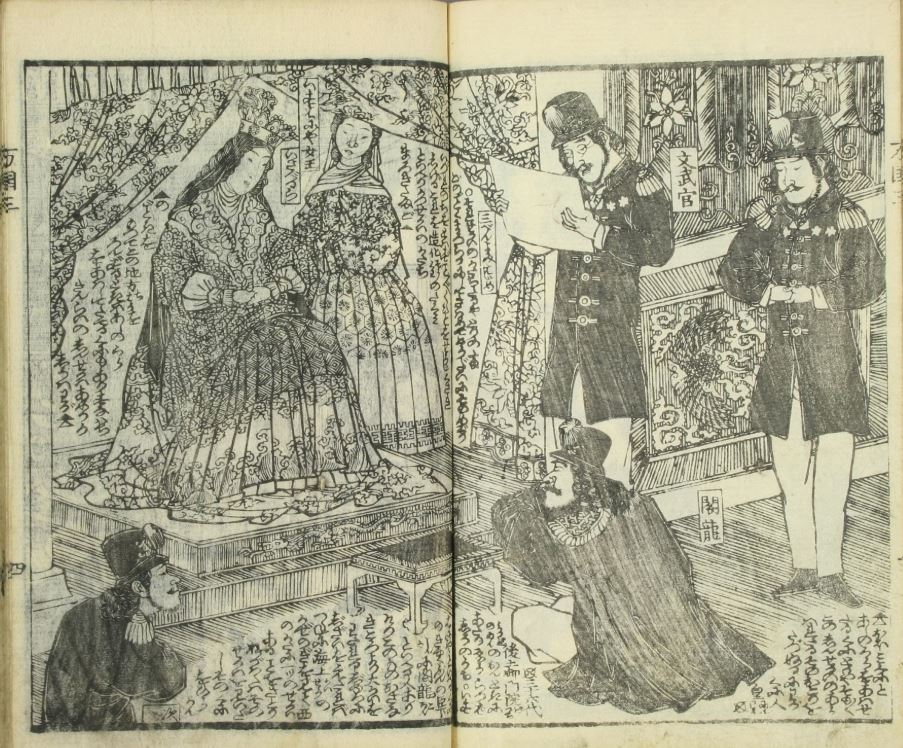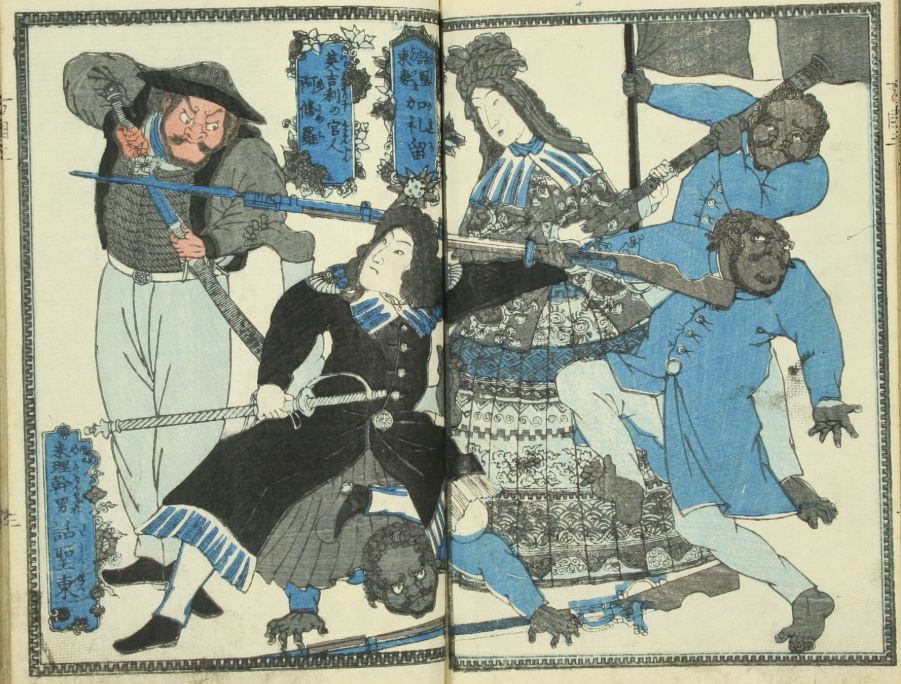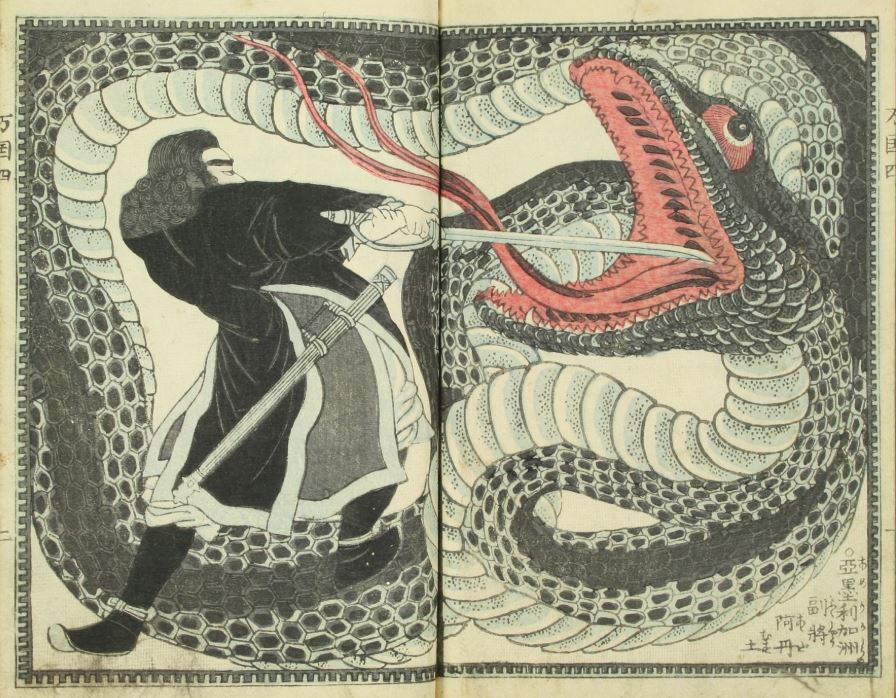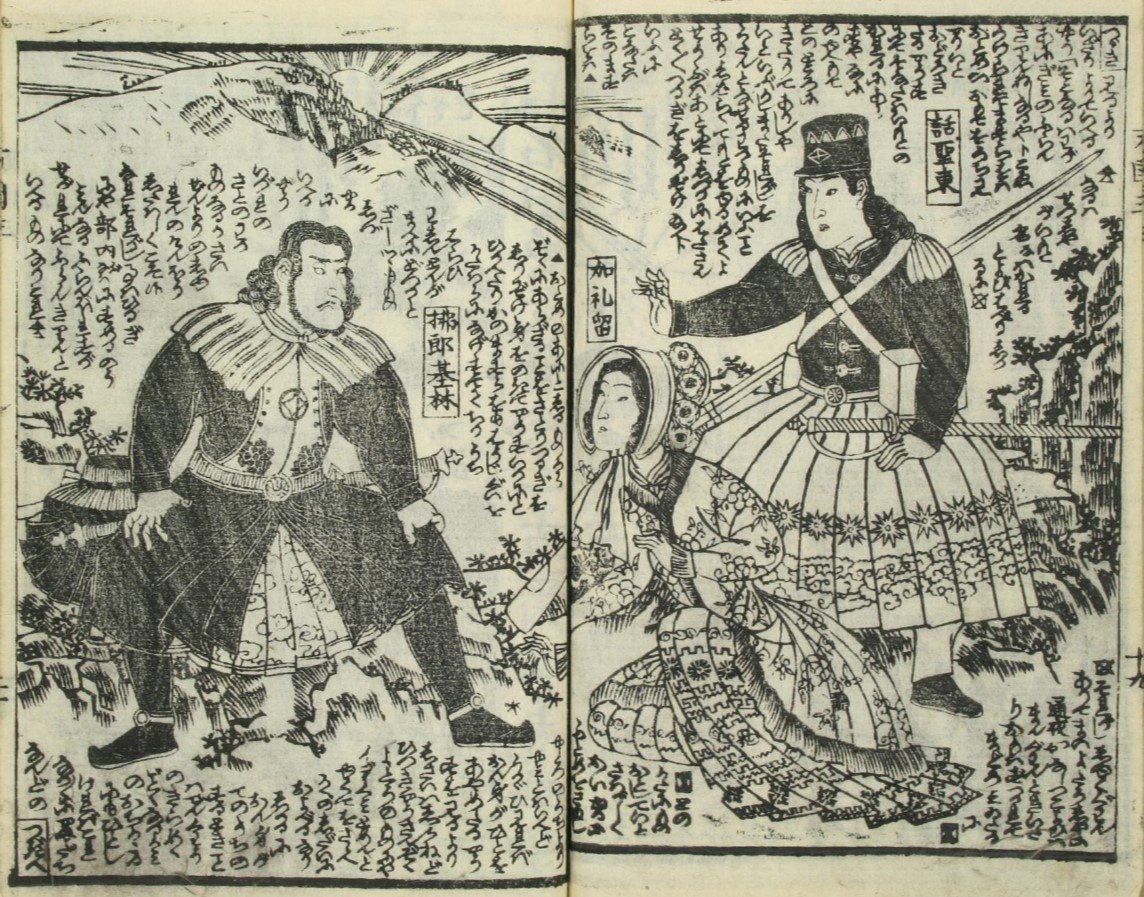European historians use a comparative notion of “balance of probabilities” when claiming knowledge transmission from Europe (Greece) to #India, but insist on the absolute notion of “beyond all reasonable doubt” for reverse transmission from India into #Europe. #decolonisation
For example, Neugebauer in 1962 used “priority, accessible communication routes and methodological similarities” to prove his belief that the astronomy contained
Similarly, Van der Waerden (1976) combined this approach with his much-criticized “hypothesis of common origin,” to claim that Bhaskara II’s work on 'Diophantine equations' originate from
Later in 1983, he used the same approach to claim that Aryabhata’s trigonometry was borrowed from the Greeks
on the basis of a 12th CE Arabic version of Ptolemy’s astronomical text called Almagest.
But there was no evidence for the existence of such a table. So what did Toomer do? He simply invented the table!
Instead what does Toomer do? He said his numbers did not match those by Hipparchus because Hipparchus had made a mistake!
For Toomer and the world, this academic jugglery is conclusive proof that Aryabhaṭa borrowed from Hipparchus!
For example, they have now anointed #Diophantus as the founder of #Algebra.
https://t.co/Prp6AYByhv
Sanskrit jy\u0101 & koti-jy\u0101 became sine & cosine.
— Joseph T Noony (@JoeAgneya) February 19, 2018
Trigonometry was attributed to Greeky Ptolemy
Algebra was bestowed on Diophantus
Geometry was blessed on the holy Euclid of Alexandria
Based on what?Primary manuscripts?At least a copy?Or EVEN 1 primary reference to any of them?
No
A first person account for this comes from Rafael Bombelli, who first translated Diophantus's Arithmetica from Greek to Latin.
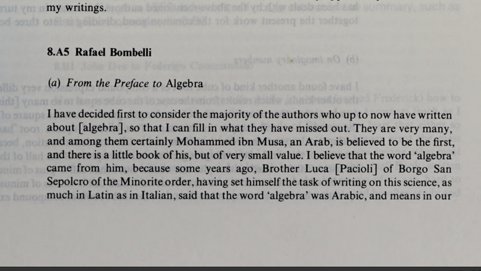
https://t.co/6pxWVCyv4F
This 'churchified' history of Greek origins was later systematically promoted by racist historians who portrayed the Greeks (even from Alexandria in Africa) as white.
— Musashi Nair (@Musashi_Nair) August 23, 2019
Kindly set up a 'Commission for decolonization' to advise the govt on school curriculum. @DrRPNishank @narendramodi @vijai63
"...you provide ZERO EVIDENCE. Stories without evidence are called myths, especially if they have been around for long. A web of interwoven myths is one in which one myth supports another, but the whole has no evidence."
https://t.co/2ECyNx7Goa
People are unaware that unlike the Rhind papyrus, or Iraqi clay tablets, there are no original Greek sources for the purported achievements of Euclid, Archimedes, Claudius Ptolemy, etc. For example, Archimedes is a household name and considered a historical figure but pic.twitter.com/Lo2OJ7I5CF
— Musashi Nair (@Musashi_Nair) August 23, 2019
More from History
You May Also Like
Like company moats, your personal moat should be a competitive advantage that is not only durable—it should also compound over time.
Characteristics of a personal moat below:
I'm increasingly interested in the idea of "personal moats" in the context of careers.
— Erik Torenberg (@eriktorenberg) November 22, 2018
Moats should be:
- Hard to learn and hard to do (but perhaps easier for you)
- Skills that are rare and valuable
- Legible
- Compounding over time
- Unique to your own talents & interests https://t.co/bB3k1YcH5b
2/ Like a company moat, you want to build career capital while you sleep.
As Andrew Chen noted:
People talk about \u201cpassive income\u201d a lot but not about \u201cpassive social capital\u201d or \u201cpassive networking\u201d or \u201cpassive knowledge gaining\u201d but that\u2019s what you can architect if you have a thing and it grows over time without intensive constant effort to sustain it
— Andrew Chen (@andrewchen) November 22, 2018
3/ You don’t want to build a competitive advantage that is fleeting or that will get commoditized
Things that might get commoditized over time (some longer than
Things that look like moats but likely aren\u2019t or may fade:
— Erik Torenberg (@eriktorenberg) November 22, 2018
- Proprietary networks
- Being something other than one of the best at any tournament style-game
- Many "awards"
- Twitter followers or general reach without "respect"
- Anything that depends on information asymmetry https://t.co/abjxesVIh9
4/ Before the arrival of recorded music, what used to be scarce was the actual music itself — required an in-person artist.
After recorded music, the music itself became abundant and what became scarce was curation, distribution, and self space.
5/ Similarly, in careers, what used to be (more) scarce were things like ideas, money, and exclusive relationships.
In the internet economy, what has become scarce are things like specific knowledge, rare & valuable skills, and great reputations.





